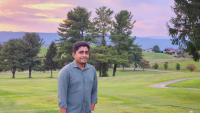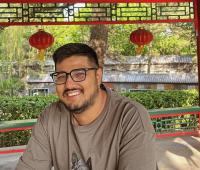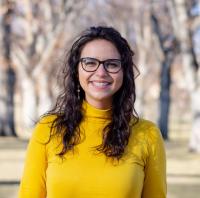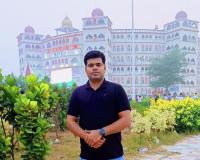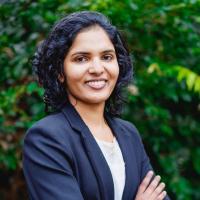IGAC Sponsored
IGAC-iCACGP Early Career Researcher Online Conference
The IGAC-iCACGP ECR SSC is excited to announce its online conference for 2025! This event, designed to showcase the work of early career researchers (ECRs) in atmospheric chemistry worldwide and foster networking and engagement, will be held on Thursday September 25th, 2025. To maximize global participation, the conference will be structured across three time zones: Asia/Oceania, Africa/Europe/Middle East, and the Americas.
IGAC Relevant
-Health Effects Institute Science on the 7th Livestream
A virtual conversation on open data in air quality with Chris Hagerbaumer, OpenAQ (USA) and Rafaela Borth, CEO, IRIS (Brazil). 9 am ET!
YouTube link: https://www.youtube.com/watch?v=dUtuey-i0oY
IGAC Relevant
-Atmospheric Chemistry GRS (Early Career)
The Atmospheric Chemistry GRS provides a unique forum for young doctoral and post-doctoral researchers to present their work, discuss new methods, cutting edge ideas, and pre-published data, as well as to build collaborative relationships with peers.
